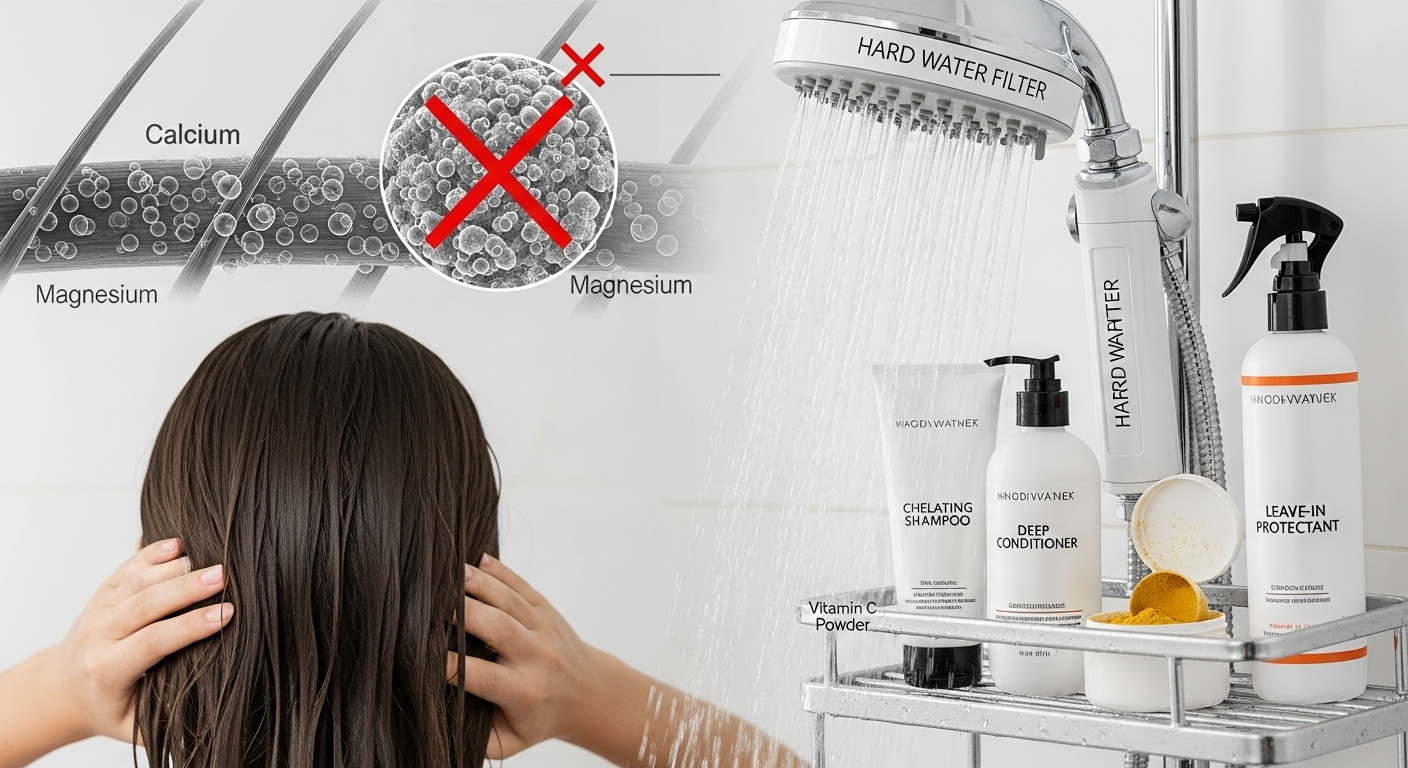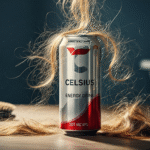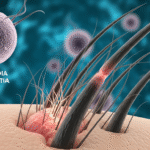If you're questioning does well water cause hair loss, you're likely noticing increased breakage, tangles, or thinning after switching to a well-water source. While such water doesn’t directly kill hair follicles, high mineral content can weaken strands and give the appearance of hair loss. This guide explores the science behind well and hard water effects, …
If you’re questioning does well water cause hair loss, you’re likely noticing increased breakage, tangles, or thinning after switching to a well-water source. While such water doesn’t directly kill hair follicles, high mineral content can weaken strands and give the appearance of hair loss.
This guide explores the science behind well and hard water effects, shares real-user experiences, and offers expert-backed tips like filtration and clarifying routines to protect your hair and scalp confidently.
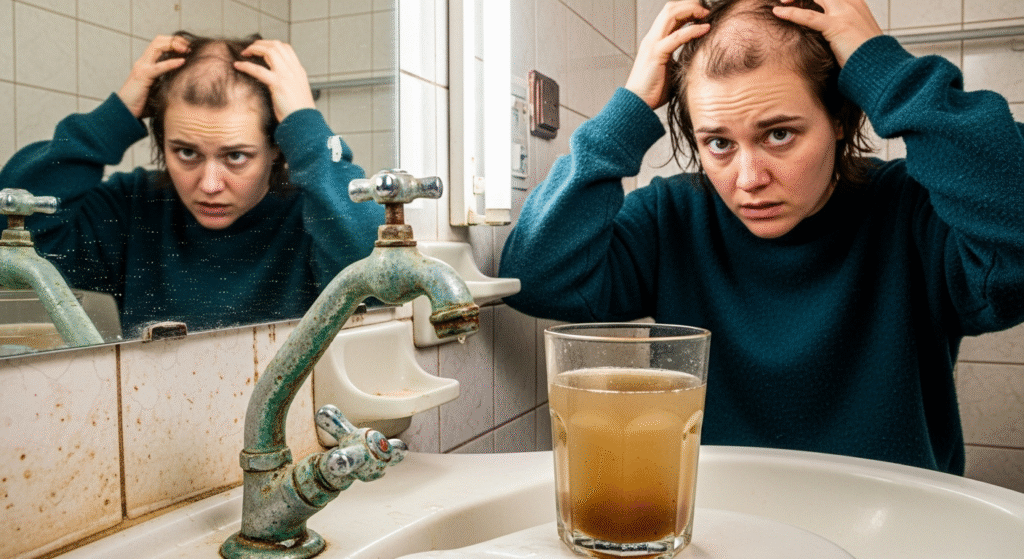
What Is Well Water and How Can It Affect Your Hair?
- Well water often contains high levels of minerals like calcium, magnesium, iron, and manganese, qualifying it as hard water.
- These minerals accumulate on the hair shaft, making it rough, dry, and prone to brittleness.
- Importantly: contact exposure, not ingestion, is what affects hair surface integrity and scalp pH.
Does Well Water Cause Hair Loss? What the Evidence Shows
- Scientific studies are mixed:
- A large-scale study on 70 men found significantly reduced tensile strength in hair washed with hard water, suggesting higher risk of breakage.
- However, a smaller 2013 study found no difference in elasticity or strength between hard and soft water.
- Conclusion: while follicles typically remain unaffected, weakened strands may break prematurely, creating thinning illusions.
How Mineral-Rich Well Water Can Lead to Apparent Hair Loss
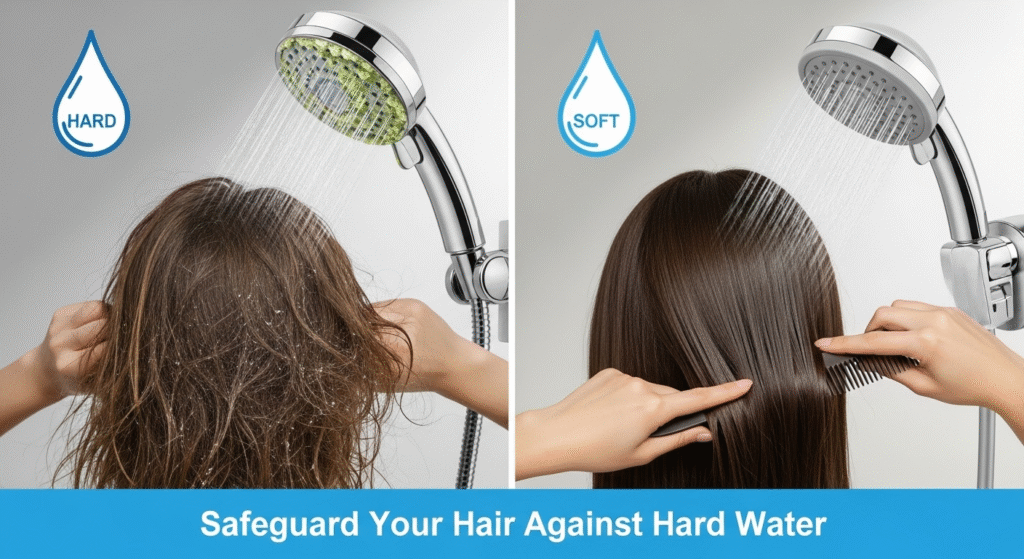
- Mineral buildup blocks moisture retention and leaves residue on the hair surface.
- Dryness and brittleness increase friction and breakage during brushing or styling.
- Scalp irritation and pH imbalance—especially in sensitive individuals—can escalate flakiness or discomfort.
Community Feedback & Real-World Experiences (EEAT Focus)
- Users report increased tangles, dullness, or thinning appearance after switching to well water—particularly in areas with visible residue.
- Some report relief when installing filtering systems or switching to soft water, though outcomes vary based on individual hair type and routine.
Expert Advice & Medical Perspective
According to trichologists and dermatologists:
- Hard or well water doesn’t directly cause follicular hair loss, but it can damage hair quality and surface health.
- Individuals with conditions like eczema or psoriasis may experience intensified scalp discomfort under hard-water exposure.
- Professional scalp assessment or water quality testing is recommended in persistent or unexplained cases.
How to Safeguard Your Hair Against Hard or Well Water Damage
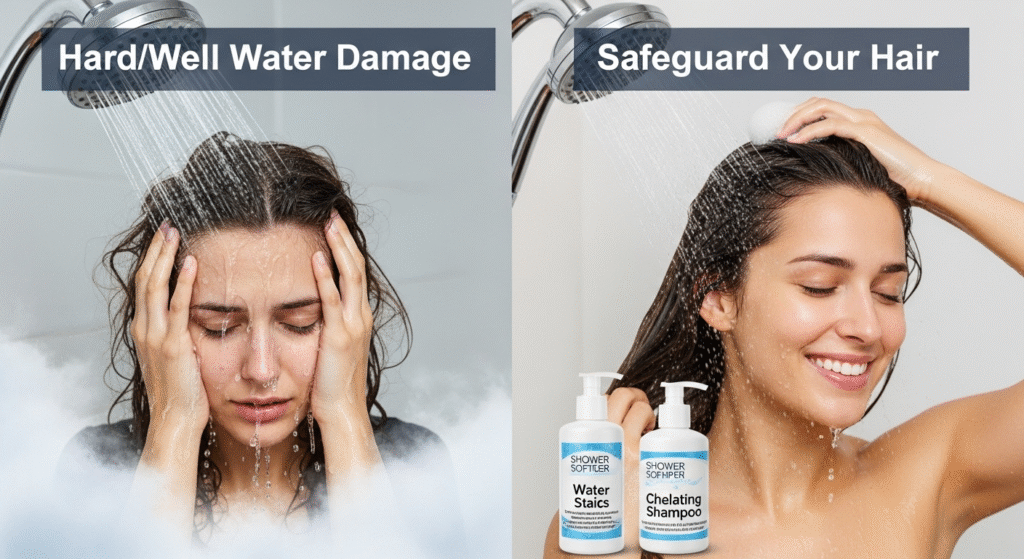
- Install a shower filter or whole-house softener to reduce mineral content.
- Use chelating or clarifying shampoo once a week to remove buildup effectively.
- Apply pre-wash oils or leave-in treatments to shield strands from mineral adhesion.
- Rinse hair with bottled or filtered water if buildup is severe.
- Maintain moisture with heat-free styling, sulfate-free conditioners, and gentle detangling.
Can Well Water Exacerbate Scalp Conditions Like Eczema or Psoriasis?
Such scalp irritation can indirectly contribute to hair shedding if follicles become inflamed or scalp skin becomes compromised.
Hard water exposure may worsen existing scalp disorders, such as eczema or psoriasis, by stripping natural oils and disrupting the skin .
Is Soft Water Better for Hair? Benefits of Water Filtration
Dermatologists recommend filtered showerheads or home water softeners to reduce mineral buildup and help restore moisture retention in hair strands
While hard water can make hair dry and brittle, switching to soft water often improves texture, shine, and manageability—without causing hair loss.
Summary & Key Takeaways
If shedding continues or seems disproportionate, a hair specialist consultation is recommended for diagnostic support.
Well water—rich in minerals—can damage hair surface and weaken strands, but doesn’t generally affect hair follicles themselves.
The main concerns are breakage, dryness, and dullness, which may appear as thinning over time.
Protective strategies like filtering, clarifying treatments, and scalp-moisture routines help prevent visible damage.
FAQs
Does well water cause actual hair loss?
No—hair loss from follicles is rare. Most damage comes from breakage or weakening of reshaped strands.
How quickly does damage appear?
Noticeable changes may show in a few weeks of consistent exposure, especially in very hard well water areas.
Can iron or manganese tint hair?
Yes—iron may cause reddish hues, while manganese can lead to stiffness and dark specks in hair. Both may aggravate strand condition.
Is scalp pH affected?
Mineral-heavy water can disrupt scalp acidity, increasing dryness or irritation, which may indirectly impact hair quality.
When should I see a specialist?
If thinning persists even after switching water sources, or if scalp inflammation worsens, consult a dermatologist or trichologist.
Ready To Take Your Next Step
Concerned your hard or well water might be damaging your hair? Schedule a hair and scalp assessment with Dr. Uzma Irfan, an ISHRS-certified surgeon. Together, you can develop a personalized plan—combining water filtration strategies, conditioning care, and nutrition—to support stronger, healthier hair from the roots.

